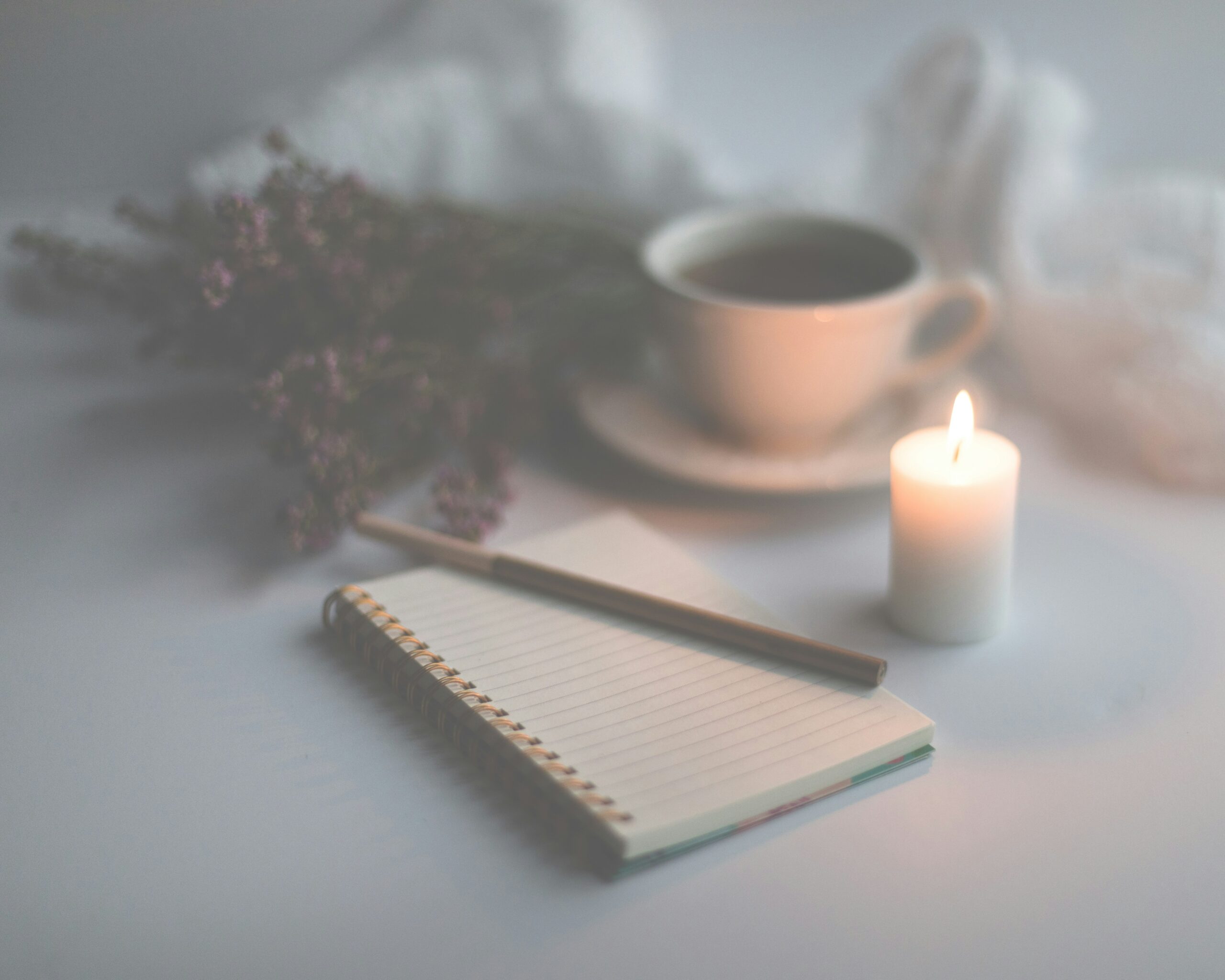Starting a mental health journal has many benefits as I have described here. Journaling is a powerful tool that not only impacts you mentally but also physically in a good way, of course.
Writing in a journal has been around for a very long time especially for many of us who started young but may have stopped. Well, now it has become popular and many are using this tool to benefit themselves mentally and physically.
If this sounds like something you are interested in starting to obtain the incredible benefits, keep reading to find out how you can start today.
The Basics of Mental Health Journaling
First you will want to figure out whether you would like to keep a journal on paper or digitally. Personally, I have felt that paper allows me to process what I am writing more thoroughly and it feels more personal. But really it depends what is best for you and convenient for you.
Next, you will want to form a habit of writing every day but also choose what time will work for you. For example, you can pick a time that works for you and each day challenge yourself to write in your journal. Think of it as if this is a date or an appointment you have set up for yourself.
Lastly, set a timer for how long you would like to journal. It can be 15 minutes or even 20 minutes. It may even change as you begin to journal where you may be writing longer than you anticipated. However, starting small in the beginning can be best to avoid feeling overwhelmed and then adjust as needed.

Types of Mental Health Journaling
There are many types of journaling and really you can do them all based on what you are feeling. Here are a few to get you started.
Reflective Journaling
This form of journaling is meant to help you reflect on your life so you are able to process your experiences, thoughts and emotions that occurred for the day. This will allow you to look back on your day and understand why certain things occurred in a certain way. This is also a great way to look back at the end of the year to see your growth and how you have improved in certain areas in your life.
Unsent Letter
This is a popular method of getting out what you want to say to someone without actually telling them. There may have been something you wanted to say to someone but you could not have said it or a thought that you could not get out. Writing a letter to that individual and expressing your feelings and thoughts is a safe way to extract these feelings and thoughts from your mind to paper and let it go. This can result to forgiving the individual and bringing peace to your mind by releasing all these feelings and working through them in a safe manner. However, when writing down your thoughts and feelings in the letter, it can lead to understanding of how you would like to express yourself in real life to that person, and if you choose to, you may do that as well.
Art Journaling
Art journaling is an incredible way to be creative and to express your vision and style through drawings. You can tell a story about your day through drawing or even just draw about anything you find you want to express openly. Your art journaling can be anything you want it to be. Think of it like writing but just in pictures. Words in pictures. However, even if pictures seem to be too much or difficult, it can be painting or even doodling. It really is any form of art that you find comfortable with to express your feelings.
Gratitude Journaling
This one is personally my favorite. Expressing gratitude has been shown to improve happiness and physical health. Therefore, creating a gratitude journal is a powerful way to bring awareness of all you are grateful for when things go wrong. When you are feeling down or upset, writing out what you are grateful for can bring hope and happiness into your life as you realize all you do have rather than focusing on what you do not have. This form of journaling also helps to lower stress and calm an individual down.
Dream Journal
This is another one that I personally love. Dream journaling is a significant way of helping you to understand your emotions and thoughts by writing down anything you remember in your dream. Doing this can help improve your memory. This can also help you to understand your dreams more clearly since more than likely, you are unable to understand it in the moment. Writing down your dreams can help you to understand symbols that may have come up that may lead to solutions to problems you currently have or even new ideas. The best way to do this is to keep a dream journal next to your bed with a pen. Each morning as soon as you wake up write about your dream. This is because as the day goes on, dreams become more difficult to recall. Recording your dream is an exercise for the brain and will help to improve memory and boosts creativity.

All of these forms of journaling contain many benefits that you can reap from when used. Finding the type of journaling that fits you best and that you enjoy will help your process become smoother and more enjoyable.






